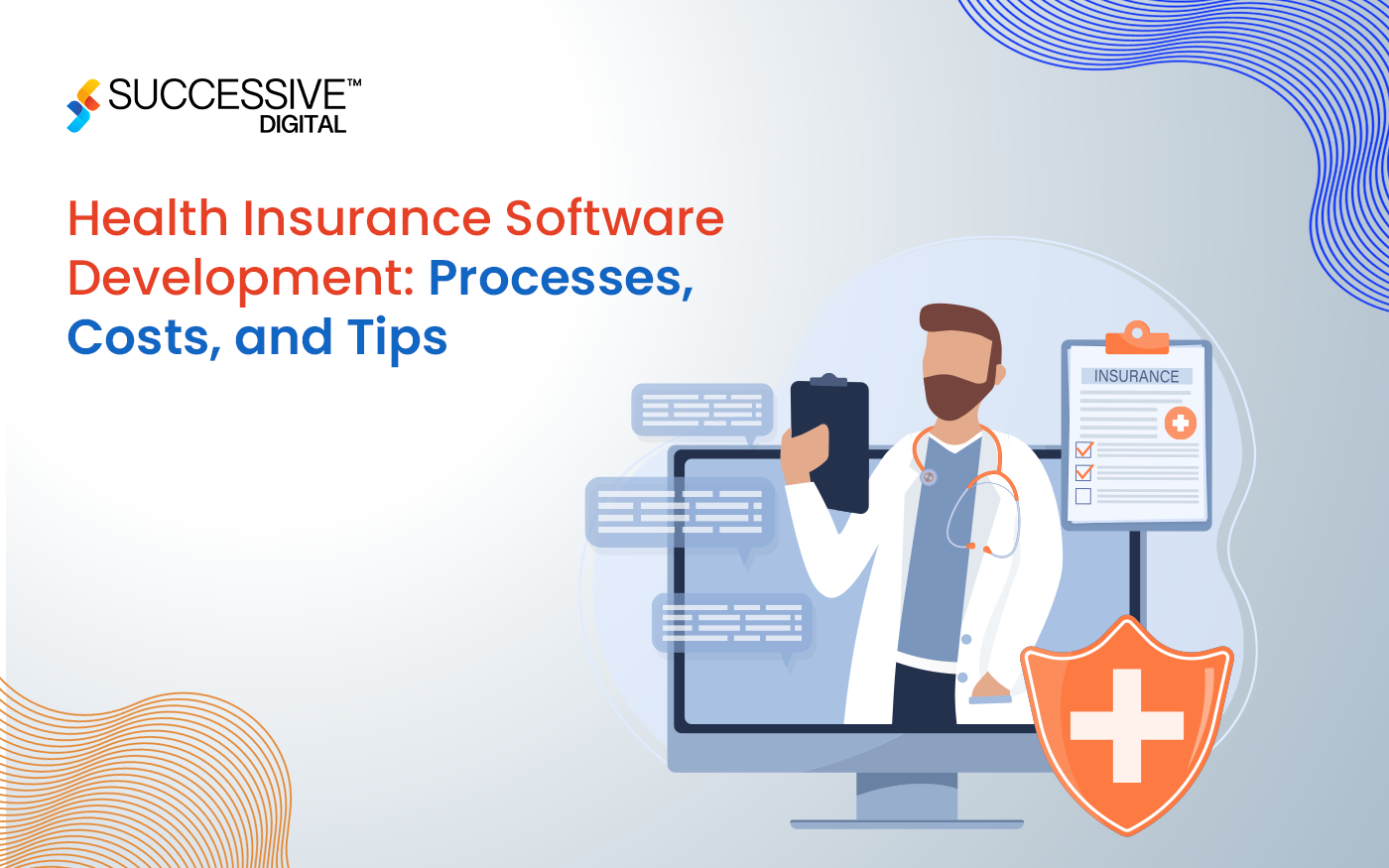- It is vital in today’s world to perceptually iterate business models and develop rock-solid enterprise-wide strategy differentiators to remain dynamic and relevant to the competition.
- As AI capabilities are not a one-time exercise, organizations must develop ways for their business strategy to mature with time and include new technology developments as a core.
- AI quick wins through short-term priorities help businesses demonstrate value and gain buy-in for bigger AI plans. This also optimizes processes in a faster, smarter, and better way.
- Accessing AI skills is challenging; for those who are not Metaverse. Technology awareness, leadership buy-in, and re-skilling in the only way to achieve change management and drive results.
Experiment, Pilot, and Iterate
Gaining access to and implementing innovative technologies is only sometimes a straightforward process, with many companies continuing to operate using conventional techniques while searching for immediate gains. Therefore, the best way to use artificial intelligence (AI) is to put it into practice.
Before rolling out AI strategies throughout the organization, owners should undertake smaller trials. Such pilot programs make it possible to examine the likely success of the approach, highlight any potential issues, and make necessary modifications before final deployment. A procedure of consistent changes reliant on pilot feedback and conclusions assures that the AI method remains adaptive, responsive, and secure in the face of varying operational conditions.
Creating a successful AI plan rests on a dependable metric system. Businesses must determine and regularly monitor key performance indicators (KPIs) that match their ambitions. Executives should analyze the influence of AI on different areas of the company, such as customer approval, earnings expansion, and cost minimization. This data-driven attitude enables realistic alterations and process improvement to guarantee the maximum return on investment.
Setting Priorities to Deploy or Develop
1 unread
With objectives and data in place, the decision to build AI capabilities in-house or leverage existing solution partners is a crucial part of a successful AI strategy. Building AI systems requires a skilled team of data scientists, engineers, domain experts, and significant time and resources. On the other hand, buying solutions from a solution partner can accelerate the AI journey but might need customization to align with your unique business needs.
Encouraging collaborations with technology providers and domain knowledge experts helps organizations, particularly medium and small scale, break down silos and fosters an environment where AI-driven insights can drive impactful decisions.

Nurture Talent and Skill Set
Successful AI implementation demands the right talent. Hiring data scientists, machine learning engineers, and AI specialists is crucial, but investing in upskilling the existing workforce is equally important and a viable option for short-term results. Leadership buy-in to provide training programs and resources for employees to learn about AI technologies empowers them to contribute meaningfully to AI initiatives and supports a culture of continuous learning.
Stay Agile and Adaptive
The AI landscape is continuously evolving. New technologies and trends emerge, altering the business landscape. Crafting an AI strategy that is flexible, adaptable, and open to change is essential. Regularly reassessing the business strategy, considering emerging technologies as core, and adjusting the approach to stay ahead of the curve reaps accelerated growth.
Responsible and Transparent
A robust AI strategy integrates principles of transparency and accountability. Mitigate biases in AI algorithms, ensure compliance with global data privacy regulations, and establish transparent mechanisms for handling sensitive customer information.
Embedding ethics into an organization’s AI strategy builds trust among stakeholders and avoids potential pitfalls.
Four Pillars of An Always Focused Strategy
AI has the potential to radically transform organizations and become a preferred competitive advantage and differentiator for business success. To set clear vision, companies should identify the strategic opportunity of next-gen technologies and other digital innovations for business growth.
Selecting specific projects or enterprise-wide AI adoption is crucial to an effective and result-oriented AI strategy. Businesses with large and complex functions should focus on short-term tests and iterate models to experiment with AI and measure the desired outcomes.
The foundation of a strong AI strategy lies in clear and well-defined business objectives. It is crucial for organizations to identify the specific goals that are closely align with overall business outcomes while embarking on AI journey.
Regulatory, reputational, and competitive threat are potential challenges to business continuity. Organizations must guardrail their exiting business operations and intellectual property with responsible and future-proof strategy.












